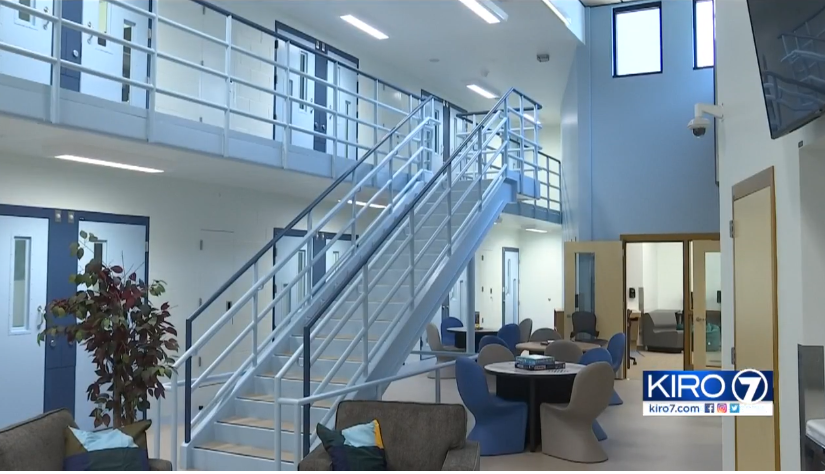Frustrated by a lack of treatment options, a sheriff in Michigan’s Upper Peninsula took to the Internet, pleading for help for a mentally ill Vietnam veteran stuck in his jail.
Advocates say it’s merely the latest example of a failed criminal justice mental health system.




















